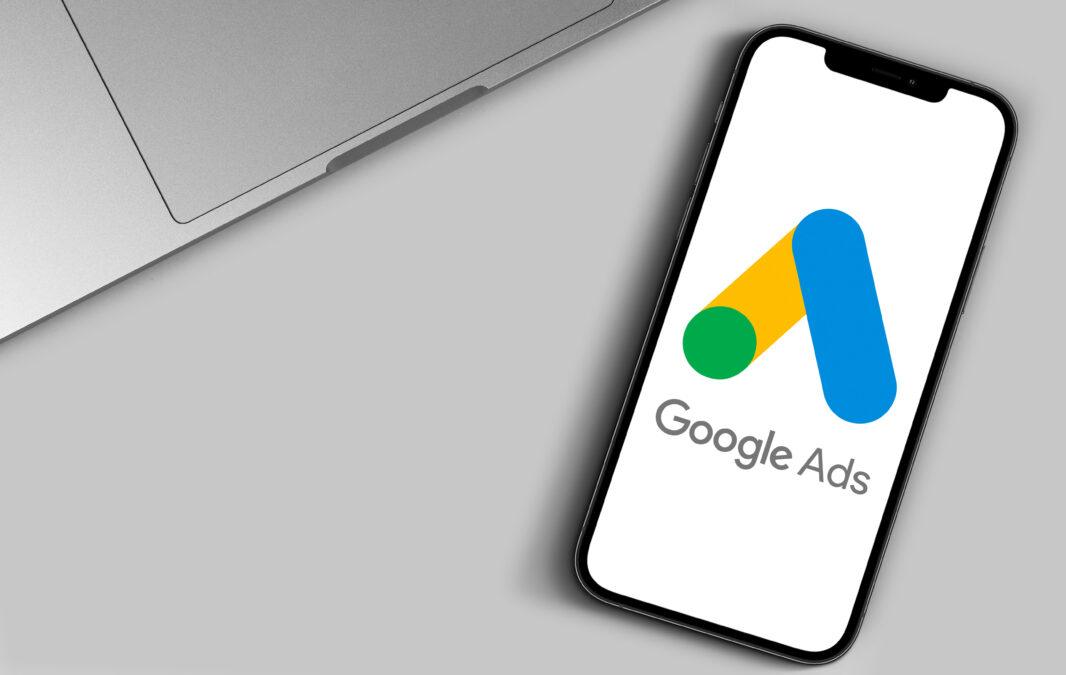Businesses in the B2B retail supply chain, at the very heart of their organisations, are masters of understanding their customers’ needs. They have always seen the value of segmenting both their customer base and key account contacts and have treated each category differently, including providing them with tailored catalogues, using different sales channels and offering customer specific pricing.
The natural next step from this highly segmented approach to engaging with and selling to customers is personalisation. Or in other words treating each customer as an individual and approaching them accordingly.
But despite having the foundations required to implement a personalisation strategy in place, it is something that wholesalers and 3PLs are struggling to get to grips with. Meanwhile the retailers themselves are beginning to highly personalise their approach. However, personalisation should – arguably – be much easier for those selling B2B than for their B2C counterparts.
>See also: Inside Yoox-Net-a-Porter’s vision for the future of luxury fashion
Providing the best possible service for your customers
This is because in B2B, no matter where you obtain the data from, it is always appropriate and relevant to the customer, and unified by the account number. In contrast, in B2C the data collected is not always relevant.
For instance, at Christmas you may buy family presents from Amazon and for the remaining 11 months of the year receive recommendations about products that are red, in a size 10, perfumes from Clarin’s and the latest Xbox games (depending upon the preferences and dress size of your wife and the gaming console of choice for your kids).
This is because, in B2C, retailers are not only collecting information about a single customer but also friends and family – and as such much of that data is only relevant at certain times of the year (Christmas and birthdays). In a sense this makes it far more difficult for retailers to offer something that is truly personalised and timely.
In B2B, on the other hand, every purchase on an account feeds into a single view of the customer, regardless of which sales channel the organisation has used or which individual made the purchase.
That data helps to build up a profile of the business you are selling to. What’s more, unlike B2C, all the data is useful – from the webpages visited to the conferences attended and the call centre queries that are made.
>See also: To improve your customer experience, free your data
The challenge that many wholesalers and 3PLs face is that critical next step – using the breadth and depth of data they have to deliver a personalised approach in the context of B2B.
In part this is because they are unsure of what personalisation looks like and means in the sector in which they work. Personalisation at its best is like a navigational aid that makes it easier for customers to access the things they want to buy by using a detailed understanding of their preferences and buying behaviour. As well as surfacing relevant products, it can also help them to discover new products they didn’t know they were interested in until they were shown them.
Maginus recommends an omnichannel approach, tailoring every single interaction and crucially, across all the selling channels and touch points. This includes content on the e-commerce site, a customised catalogue, even up-sell and cross sell product placements on invoices and despatch notes. This should also extend to the call centre where promotions and recommendations should mirror those across all of the sales channels.
Relevant content is critical
However, personalisation is not solely limited to engaging with existing customers through existing channels.
The ‘Multichannel Wholesale in 2016: The Magic is in the Mix’ report published by the IMRG argued that wholesalers should also focus their personalisation efforts on hunting out entirely new customers noting that this begins with Google.
Elisabetta Aiello, global director of marketing transformation, METRO Cash & Carry put forward that wholesalers should prioritise producing high quality online content, aimed at targeted customer profiles, that accurately reflects the business’s specialisations and experience of working with those types of companies. This content is automatically ranked highly by Google (even without SEO trickery), and affirms that the business can offer a personal approach precisely because of its expertise.
>See also: Why 2017 will be the year of automation
This approach represents a shift away from personalising products per se and instead focusses on personalising content and the customer journey on the website. Rather than offering a generic proposition, businesses in the B2B supply chain should instead create a number of category driven, hero sub-divisions.
Once this has been established they should then develop content that addresses questions and provides tips that would be of interest to a very specific type of customer profile and ensure that anybody that fits that profile is directed to a landing page that is relevant to them.
For instance if somebody Google’s ‘best professional grade chefs knives’ the catering suppliers website will rank highly and rather than being directed to the home page the potential customer should be directed to the knife section of the website – and this should include helpful content as well suggested products. Aiello highlighted that this approach produces slightly fewer leads than traditional methods but that conversion rates are tripled.
Customer profiles
In addition to the role of content the IMRG report also explored the value of using data to profile customers both online and offline. This approach has been extensively used by electrical wholesaler RS Components.
Guy Magrath, chief digital officer from RS components described in the report how they applied personalisation techniques to provide better customer service in other aspects of the business.
>See also: Digital transformation is ‘changing the role of the website’
At the heart of its personalisation strategy RS Components deployed data mining software to provide in depth profiles and information to the sales and account team that enable them to better understand customer contacts and personalise the experience they receive when interacting with them.
In turn a key job function of the sales team is to manage the e-commerce platform to ensure that it has all relevant information available to respond to the personal needs of the client, by setting trade terms, enabling the buyers in the account to perform their roles, and by granular set-up such as spending thresholds or buyer-restricted catalogues.
What the experts say
Joey Moore, head of product marketing at specialist personalisation consultancy Peerius, has worked to develop some of the most cutting edge personalisation solutions for the retail sector and he said that personalisation is one of the biggest untapped opportunities available today.
“Our ultimate aim is to use technology to replicate the personalised experience that a B2B customer might have with a field sales rep or account manager.”
“Apart from the obvious benefit of increasing relevancy and engagement in an increasingly competitive online environment, many B2B buyers expect the same high quality experience when purchasing for work as they do at home. The bar has been set quite high from the more forward thinking B2C companies, but fortunately the same technology is also available to brand/manufactures and wholesale distributers.”
>See also: How to accelerate your customer engagement with Wi-Fi
“In fact, many of the companies that we work with today also rely on our technology to support all of their online merchandising capability as they simply don’t have the resources to manually merchandise tens or hundreds of thousands of products themselves. Additionally many B2B companies are becoming more sophisticated with their use of email marketing and we have found that personalising the products in these emails can improve clicks through to the website by 40-60%”
Personalisation is business critical
Personalisation, regardless of the approach taken, will be key to the future success of wholesalers and 3PLs. As such it is critical that the businesses in the sector develop a personalisation strategy, one that fits the specific needs of the individual business and its customers, and start investing in the solutions they require to make it become a reality.
Sourced by Mark Thornton, marketing director for Maginus







